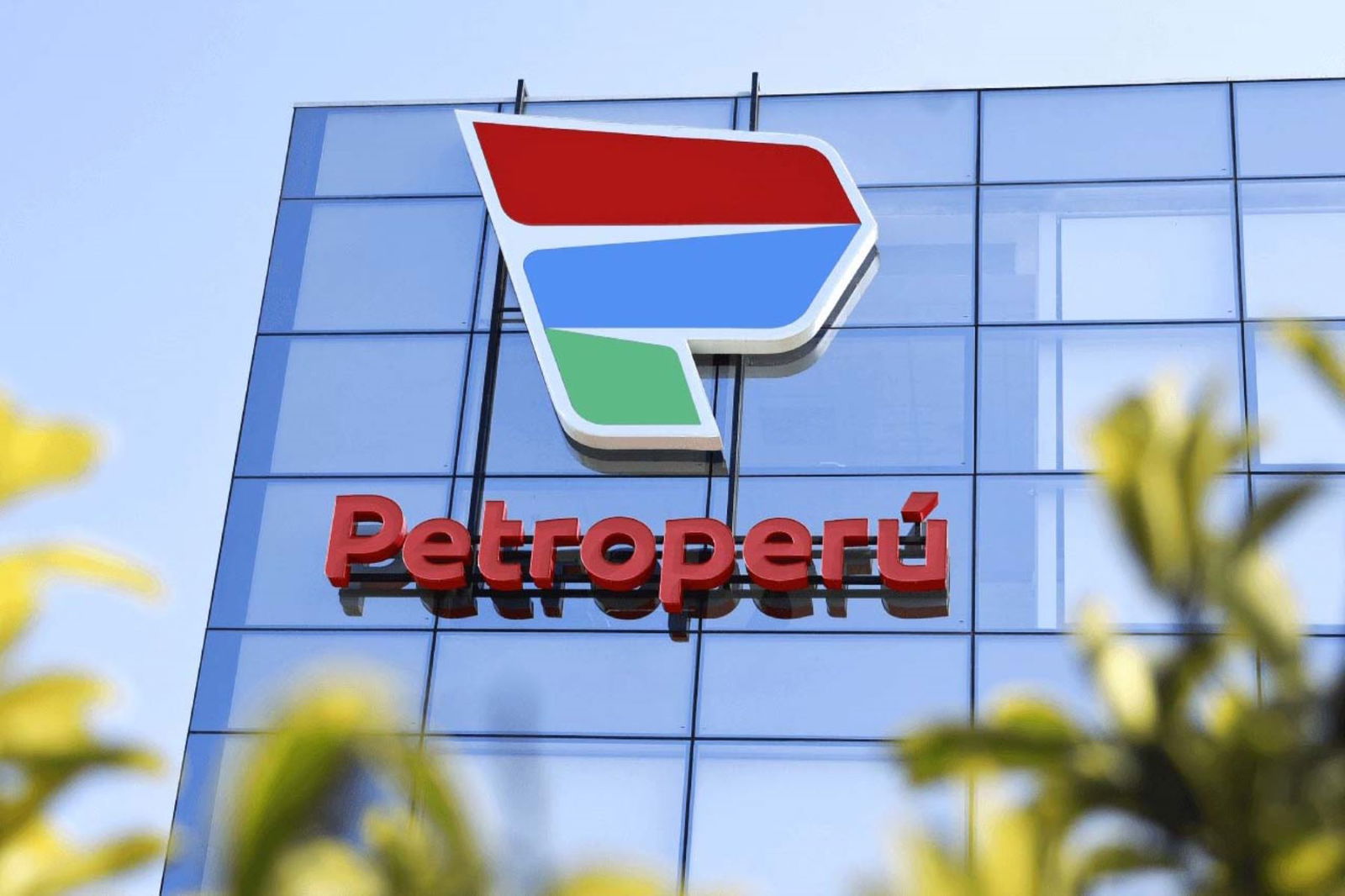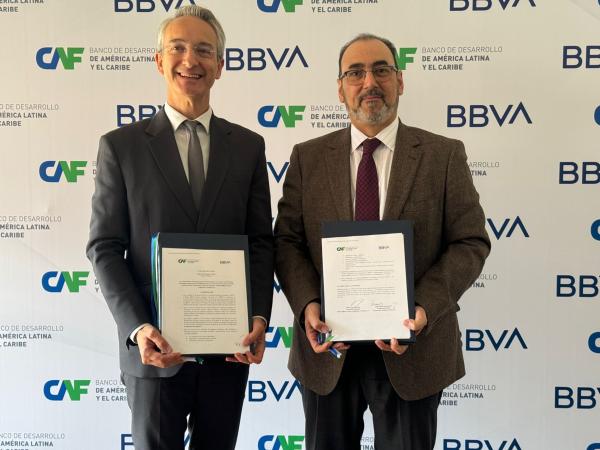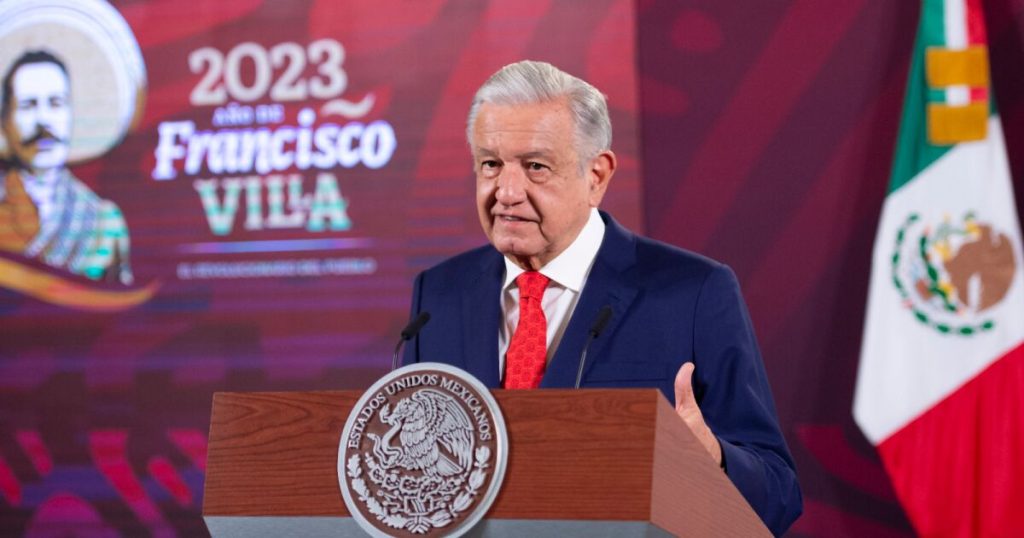The Minister of Economy, José Arista, stated that the Government will not disburse resources to Petroperualthough he did not rule out further financial relief for the oil company.
LOOK: Ipsos survey: 42% say they have not been able to eat on occasions due to lack of money
After leaving the Council of Ministers, Arista denied that the bill that the Executive will send to Congress proposing next year’s budget contains any item that allocates funds to Petroperú.
He said that he or any of the ministers would feel uncomfortable using tax revenues to finance, support or provide liquidity to the state oil company.
“It is taxpayers’ resources that allow us to finance the budget law, so rest assured, we will send this budget bill to Congress and it will be verified that not a single sol of taxpayers’ money is committed to finance a company that is in trouble like Petroperú,” said Arista.
Meeting with Petroperú
The minister met last night with the oil company’s management team and its board of directors, and said at the conference that he would ask them to provide information on the company’s situation in order to make an informed decision.
Arista said that the oil company is concerned because they are waiting for eight oil tankers that supply crude oil to the company, which suggests that they have to comply with their payments.
“Today (last night) they will surely bring us the information; we will analyze the financial options we have and we will see how we can meet the needs that this company has at this time,” he said.
Critical situation
The near ultimatum that the Petroperú board of directors gave the Executive on Tuesday, as Arista rightly points out, responds to resource needs that the oil company is not able to generate.
According to its financial statements, the oil company reported losses of US$452 million in the first half of this year, increasing its negative results by US$71.8 million compared to the same period last year.
In documents sent to the Superintendency of the Securities Market (SMV), the state-owned company indicated that its working capital (money required to operate) is negative due to lower cash generation and the increase in current liabilities (short-term debts) due to deferred payments to suppliers, as well as other obligations.
In addition, the lower cash generation is due to lower sales, associated, in part, with the fact that the competition offers greater discounts and commercial conditions, which cannot yet be mitigated by Petroperú.
What’s going on?
Erick García, former director of Hydrocarbons at the Ministry of Energy and Mines, explained a recent case in which Petroperú lost an international fuel tender to its competitors.
According to García, while some competitors offered diesel with a sulfur content of up to 15 ppm (parts per million) and another bidder offered diesel with 10 ppm, the state-owned company participated with an offer that exceeded these sulfur levels, since it did not have the ‘flexicoking’ unit operational, which allows the production of quality fuels.
According to Arista, the unit has already corrected the problems it experienced during the first part of the year; however, the refinery is still operating at less than 100%.
“Thank God the Talara Refinery is working, let’s not say at 100%, because it still has some small setbacks, but I would say it is at 80% or 90%,” said the minister.
Although the flexicoking unit was corrected, the competition has already taken advantage of the oil company. According to García, sectors such as the industrial and mining sectors are important buyers of diesel. They participate in international tenders to supply themselves with fuels with 30-year contracts, which means that if Petroperú loses them, it will not recover them soon.
The critical thing is that the debt that Petroperú took on to build the refinery and the extra expenses it has required have led the state-owned company to accumulate a debt of US$8.47 billion, equivalent to 7.46 times its equity. In other words, Petroperú’s debt is the size of seven and a half ‘Petroperús’.
Following the recent proposals by the board of directors regarding the future of the oil company, experts consulted by Perú21 believe that the Executive should no longer inject more capital into Petroperú, but rather consider more drastic measures.
What the experts say
Felipe Morris: “The Government is scared to death”
The proposal to do nothing and continue with the same thing includes giving it more money and allowing the problems to continue. Finally, the board offers the alternative of restructuring, which, as we all know, is a no-brainer. What private administrator would be willing to take charge of the company when the owner is the Peruvian government, which is not clear about what it wants to do with it?
The responsible parties are not only the Ministers of Economy and Energy and Mines, but the Government as a whole. The reality is that no previous Government has solved the problem, which has been going on for at least 10 years and began when the terrible decision was made to build a new refinery. That was the big mistake, and now the refinery has been built at an enormous cost and indebtedness for the company and it is clear that it will never be able to pay.
It is now even clear that it does not have the capacity to manage it. The refinery was handed over months ago and so far it is not working as it should.
What I mentioned in my article in Peru21 a couple of months ago is that what had to be done was to declare the company bankrupt, send it to a bankruptcy process in Indecopi and let the creditors decide what to do with it.
This is because the Government, which is its sole current owner, does not want to make the decision. It is scared to death, that is the truth, because this implies recognizing the enormous losses that exist and the problems that could arise from having to liquidate the company or reduce it to its minimum expression. This is a serious problem that must be addressed.
If we continue in the same situation, the only thing that will happen is that the losses will continue to increase and they will have to continue to invest more and more money, which belongs to all Peruvians and could be used more efficiently to build hospitals, create infrastructure and improve public education.
Alfredo Thorne: “It has become a white elephant”
The new Talara refinery has no economic justification, since Peru does not have enough oil to process. I remember when the government teams debated in Cusco and demonstrated against this refinery. However, it was built and now it has become a white elephant.
The question is what should be done? I propose four ideas for discussion:
First of all, the decision must be made by consensus in the Congress of the Republic. This is where the political forces are represented and all of them must assume their responsibility for the current situation of Petroperú. This is because it is not a temporary problem, but one that will persist beyond 2026.
This law, which should be drafted by a group of experts, should give a clear mandate to Petroperú’s management to reduce costs, liquidate non-essential assets and restructure debts. This should be a precise mandate, in which the political forces assume this responsibility.
Secondly, Petroperú should grant those business units that are already mature, such as the refinery, the pipeline, marketing and the gas stations, to companies with experience in this management.
I have the impression that we lack both the trained technicians to operate these units and the necessary capital. For example, in the case of the oil pipeline, it would be necessary to extend it almost to the border with Colombia. We would also have to consider importing oil from Ecuador, which requires additional investment.
Thirdly, I think it was a bad decision for Petroperú to get involved in oil exploration. This is the riskiest segment of oil activity and is aimed at companies that specialise in taking on high risks.
Fourthly, as a condition for these three proposals to be implemented, the National Treasury should grant US$2.2 billion to Petroperú.
Take advantage of cyber HERE and receive our digital newspaper from S/ 54 for a whole year!
RECOMMENDED VIDEO
















